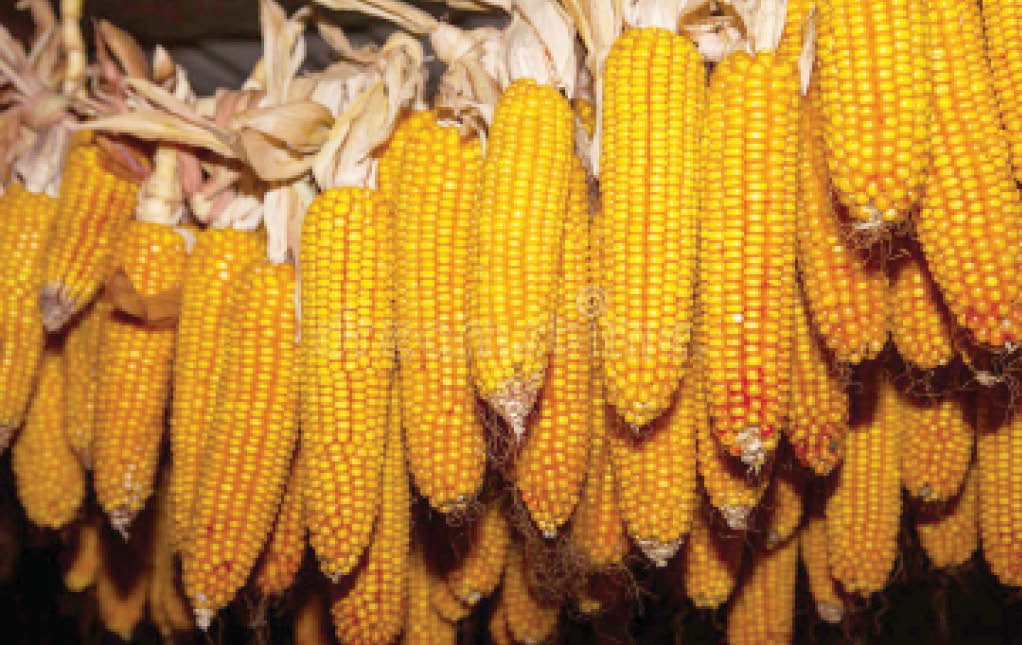Russia-Ukraine war: Ban export of maize to avoid scarcity, Dangote tells FG
Aliko Dangote, chairman of the Dangote Group, says the federal government should stop the export of maize from Nigeria to avoid the scarcity expected to come as a result of the Russia-Ukraine war. Responding to a question at the fourth Annual Nigerian Food Processors and Nutrition Leadership Forum on Thursday, Dangote said Russia and Ukraine […]

Harvested maize
Aliko Dangote, chairman of the Dangote Group, says the federal government should stop the export of maize from Nigeria to avoid the scarcity expected to come as a result of the Russia-Ukraine war.
Responding to a question at the fourth Annual Nigerian Food Processors and Nutrition Leadership Forum on Thursday, Dangote said Russia and Ukraine are the major producers of ingredients used in making fertilisers.
He said the shortage of these ingredients as a result of the war will also lead to a shortage of fertilizers and some food products like wheat and maize.
“There will be shortage of wheat, maize and a lot of products because as we speak now Russia and Ukraine do almost 30% of the world’s urea and 26% of the world’s potash — and phosphate also, there are one of the largest in the world,” he said.“
There would be scarcity of food generally, we would not be able to access fertilizers going forward, we would not see the effects now, but in the next two, three months. The US will not be able to do same number of tonnage they did last year because of this, he added.
Dangote said he believes food producers need to have a sit down with the government to halt the coming scarcity.
“Right now, you would start seeing people exporting maize to earn foreign exchange, which I think we need to stop, so that we don’t create shortage, and we need to make sure we grow more so we don’t have shortage. It is about food security, and it is very very serious.”
Olusanya: We’ll see maize trafficking
Boye Olusanya, the CEO of Flour Mills of Nigeria, said Nigeria will be affected by the crisis in Russia and Ukraine, and the country needs to start discussing solutions.
“The reality is that Russia and Ukraine are number one and number five in wheat production, and if you take that volume, which is almost one-third of global production, there would be an immediate impact on prices,” he said.
“Today, the prices of wheat have gone up. There is a lag that comes because of inventory control, but it is something that we need to sit down with the government to say what measures can we put in place to alleviate what is coming.
“The impact is not just on wheat alone; Ukraine is one of the largest producers of maize, which will also have a significant on maize, which is an alternative to wheat.
“You will start looking at cross-border trafficking of maize, more farmers will look into taking maize out of the country.
“The last impact is on fertilizers, and the impact is not just short term, you’re looking at a one-off thing. You’re looking an impact on production over a year to 18 months.
“When you look at all that and what then happens in pricing, obviously, if we don’t manage this well, there will be significant volume compression, in terms of material that comes in and therefore the volume of food that is sold.”
He said this may affect fortification efforts, which will subsequently affect the health of Nigerians if a quick solution is not figured out.
Culled from The Cable
